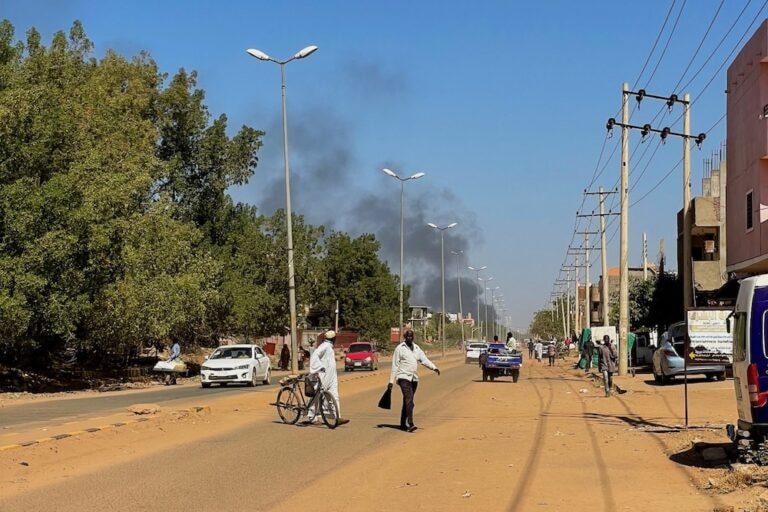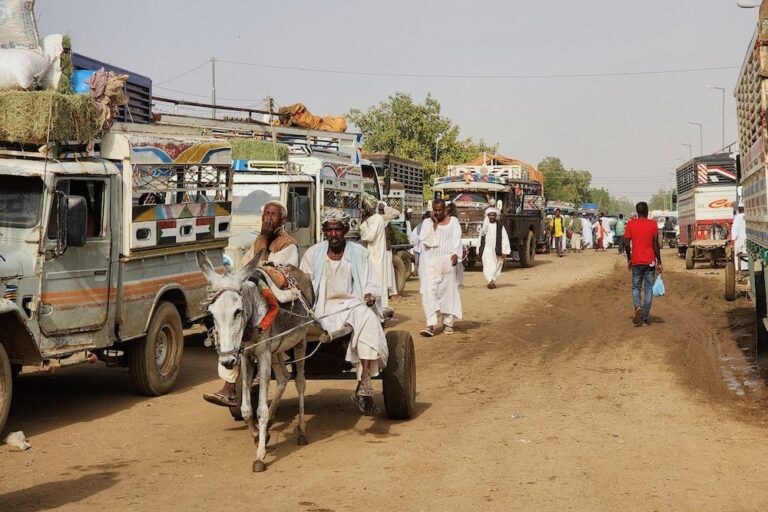Security forces stormed the University of Khartoum from 31 January to 1 February 2013, directing tear gas and live bullets at students. The attacks occurred after students held a protest against the university's vice-president.
(ANHRI/IFEX) – Security forces stormed the University of Khartoum from 31 January to 1 February 2013. They intimidated student activists, while supporters of the ruling regime attacked the campus with Molotov cocktails and sparked a massive fire on campus.
On 1 February, tear gas and live bullets were directed at students.Two students sustained serious injuries. Around 100 members of the riot police and the secret police surrounded the university and arrested three students; they were released that same day.The arrests coincided with students belonging to the Popular Congress Party raiding the main campus of the university and setting fire to one of the university buildings, where some student activists opposing the regime resided. A massive fire broke out as a result, and soon extended to the entire city. Students were trapped in, unable to leave, as a group of thugs waited for them outside the campus.
A great number of students from the University of Khartoum had joined a protest on 31 January, following the vice-president of the university’s attendance of a graduation party held that day. The vice-president, Dr Haj Adam Youssef, is affiliated with the ruling regime. The protest was treated in the usual repressive method used by police and assaults on students lasted until the evening of 1 February.
ANHRI said, “the Sudanese security forces’ persistence in assaulting the right to freedom of assembly is considered a great violation of the right to free expression.”
ANHRI added, “the assault of the Sudanese security forces on those protesting is considered a clear violation of the International Covenant on Civil and Political Rights, which Sudan has ratified.”
ANHRI blames the Sudanese government for not being responsible for the students’ safety, especially those whose residences were burned down. ANHRI also calls on the Sudanese government to stop pursuing student activists as part of its quest to suppress the opposition.


